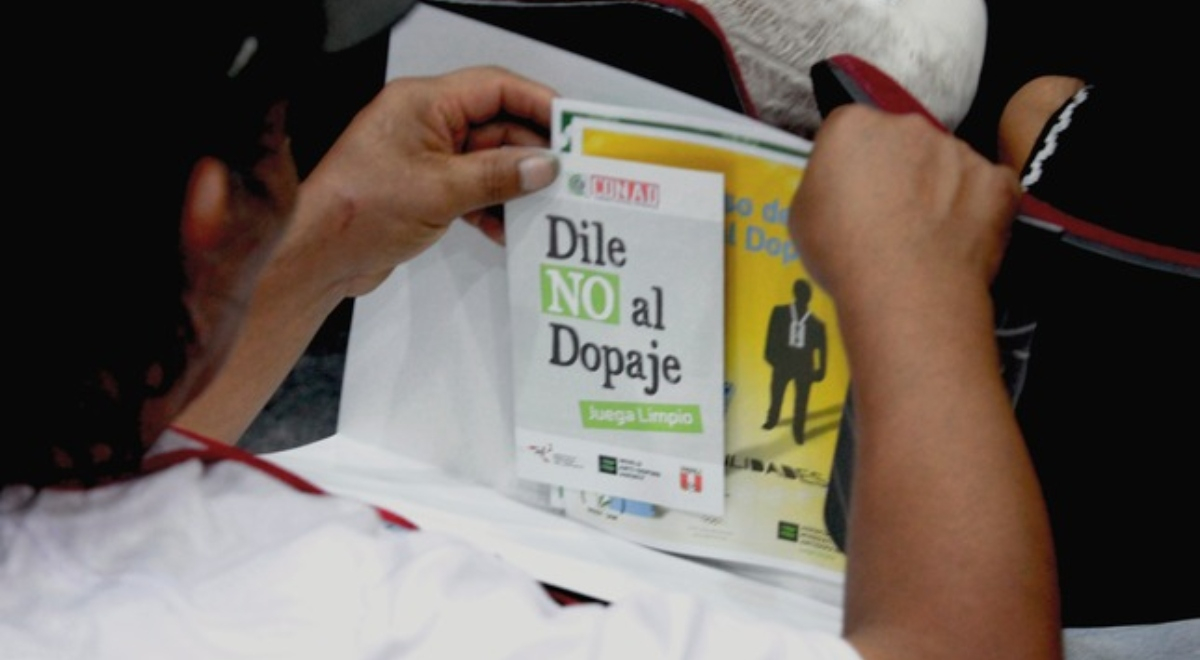By Renzo Manyari, President of the Peruvian Olympic Committee
The World Anti-Doping Agency (WADA) has set an audit for the first quarter of 2023 to the anti-doping organizations of level 3 countries (ranked from 81 to 110), including Peru, to determine their level of compliance with the Code, mainly operational independence.
Here in Peru, we have the National Anti-Doping Commission (CONAD) within the state scope, which is one of the conditions to overcome and fulfill that requirement from WADA.
Our task will be to maintain the commitment of government and sports authorities to ensure the financing of anti-doping programs: another unavoidable requirement.
The compliance monitoring audit is based on:
- General conditions of the organization. The "operational independence and legislation" of the anti-doping organizations stands out. This will be the biggest challenge for many countries where the government is part of its structure, with decision-making power over the financing and implementation of anti-doping programs.
- Testing and investigations: the development of "Risk Analysis for Testing," which allows collecting samples from athletes and analyzing them in laboratories accredited by WADA.
- Results management: the suitability of the sanction and appeal panels.
- Therapeutic Use Exemptions (TUE): compliance with the deadline of no more than 21 days to grant or deny a TUE.
- Education: mandatory area for signatories. It can pose a challenge for less developed countries due to the implementation of the strategies required by WADA (professional level of teachers and indicators of learning sufficiency in athletes and support staff).
- Privacy: implementing policies and procedures that guarantee the confidentiality of information obtained in anti-doping processes, as well as the restriction of information to government bodies in countries where operational independence of the anti-doping organizations cannot be guaranteed.
The Compliance Monitoring Program is carried out by the WADA Compliance Monitoring Working Group, which identifies "Non-Conformities" in compliance and initiates corrective actions within a maximum period of six months.
There is also a Compliance Review Committee (CRC) that intervenes when a "Non-Conformity" is not corrected within the established period. The CRC makes a recommendation to the WADA Executive Committee on the consequences of non-compliance with the Code.
Finally, the WADA Executive Committee determines non-compliance and the applied consequences following the CRC recommendation. Any appeal will be made to the Court of Arbitration for Sport (CAS), which will determine the final non-compliance and consequences.
The Peruvian Olympic Committee and the Peruvian Sports Institute have a limited time to prioritize the operational autonomy of CONAD.

